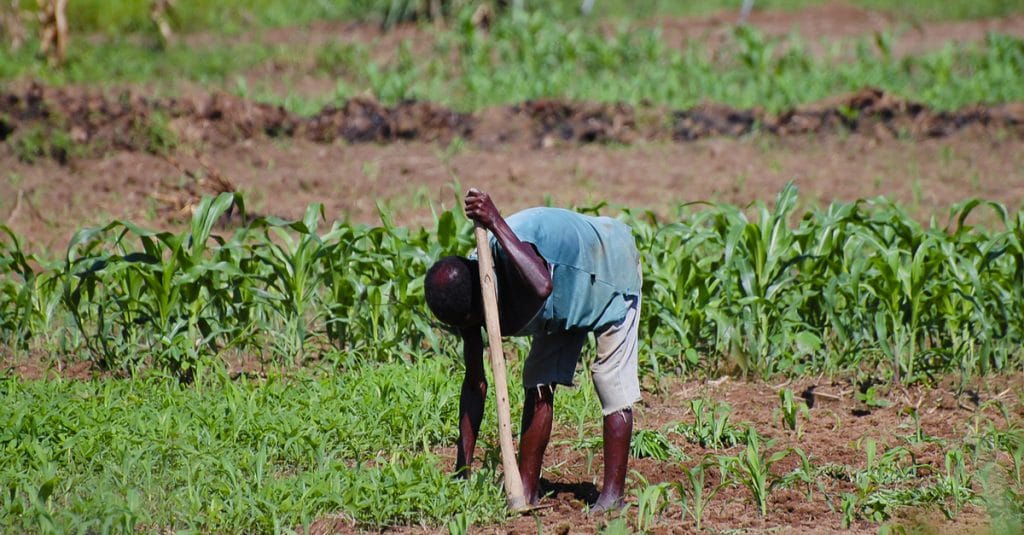It is an important lobbying action, such as the one carried out on November 5, 2019 by the Adaptation of African Agriculture Initiative (AAA Initiative). The organisation, which aims to mobilise technical and financial expertise to address climate challenges on the continent, used the opportunity of its 2nd Annual Ministerial Conference to reach agreements with three development partners.
The first agreement was signed with the Food and Agriculture Organization of the United Nations (FAO). Its purpose is to develop agricultural investment plans that are resilient to climate change in Africa and to empower African decision makers, at central and local levels, to identify, develop and implement strategies for adapting to climate change.
The second agreement was signed with the African Development Bank (AfDB) with the objective of improving productivity and adaptation to climate change and increasing resilience to climate change.
The third agreement, with the Alliance for a Green Revolution in Africa (AGRA), aims to provide the necessary assistance to African countries to implement their National Defined Contributions (NDFs) and National Adaptation Plans, in order to promote agriculture’s adaptation to climate change, ensure food security and increase the incomes of smallholder farmers in Africa.
Climate change as a threat to food security
The agreements that have been signed are in line with the missions assigned to the AAA Initiative. Launched at COP22, led and supported by Morocco, this initiative is an innovative and extremely concrete response to the common challenges posed by climate change.
The adverse effects of climate change pose serious threats to the already fragile food security in Africa. According to the Moroccan Minister of Agriculture, Maritime Fisheries, Sustainable Development and Water and Forestry, the cost of adapting to climate change for Africa alone would represent about $35 billion by 2050 and $200 billion by 2070, even assuming a stable warming below 2°C.
Despite this, “the agricultural potential of our continent is enormous. We must value it for shared prosperity and this is all the more necessary because the agricultural sector is the first employer of our youth. Indeed, agriculture is a vital sector for the continent. It employs 70% of the workforce and represents more than 25% of GDP”, said Aziz Akhannouch, in his capacity as President of the AAA Initiative.
Boris Ngounou
